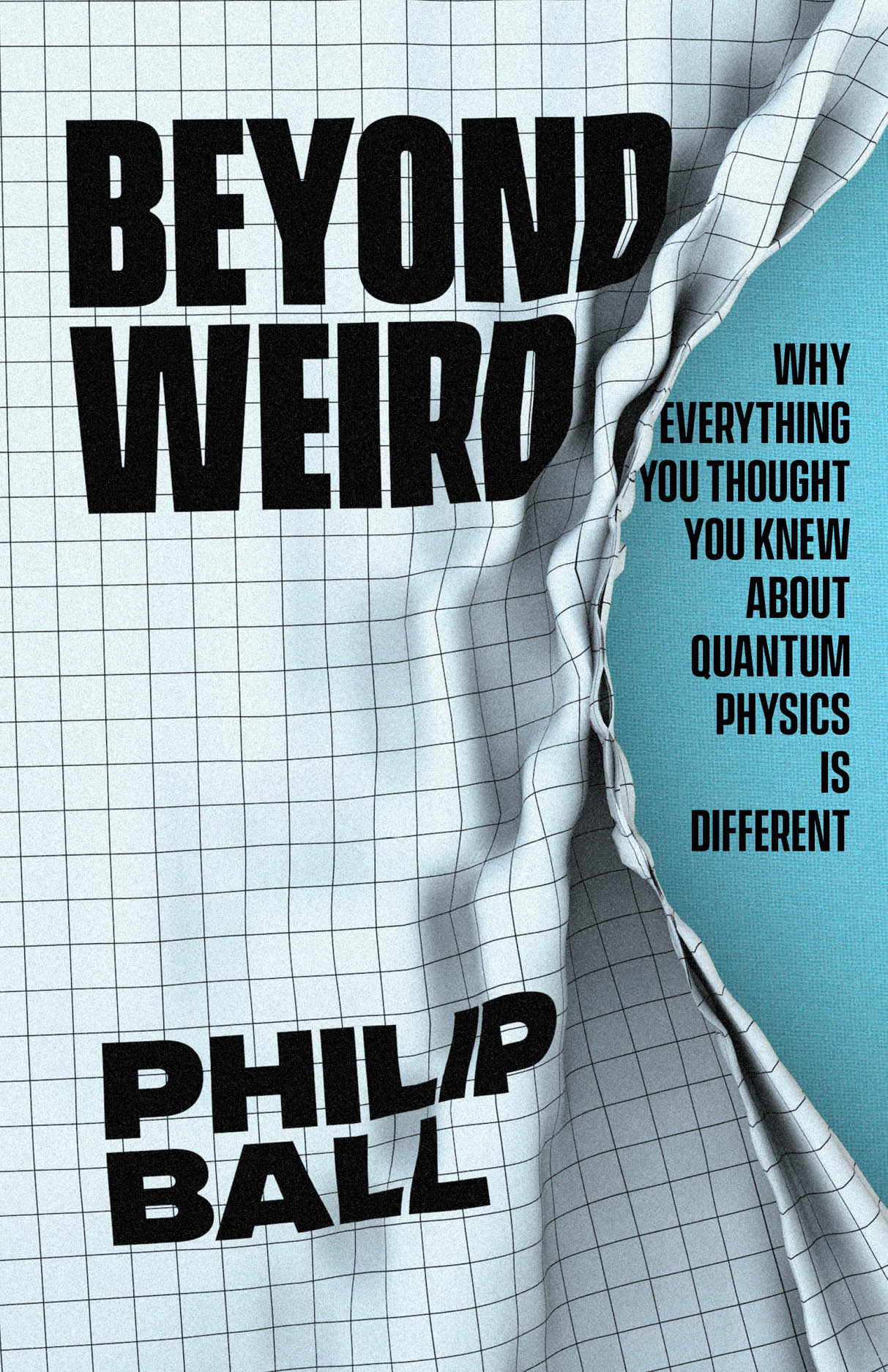 From Natalie Wolchover, reviewing Philip Ball’s Beyond Weird: Why Everything You Thought You Knew About Quantum Physics Is Different at Nature:
From Natalie Wolchover, reviewing Philip Ball’s Beyond Weird: Why Everything You Thought You Knew About Quantum Physics Is Different at Nature:
Along with the historic discoveries, Ball brings readers up to speed on today’s “quantum renaissance”. This active intellectual period is fuelled by quantum-computing research and the rise of quantum information theory, pioneered by researchers including David Deutsch, Peter Shor and Charles Bennett. Quantum mechanics is now seen as, more than anything, a set of rules about how information can be shared and processed. That, Ball says, is why quantum computing has proved so stimulating: what’s possible and impossible to compute “follow from the same rules that govern what is knowable and what is not”. Additionally, physicists, starting with Dieter Zeh in the 1970s and Wojciech Zurek in the 1980s, have developed a decent understanding of the quantum–classical divide: the reason particles can exist in superpositions of many possible states, but cats are only ever dead or alive. Classical physics is now seen as emerging from underlying quantum laws because of ‘decoherence’. That is, brushes with the environment cause quantum superpositions to lose coherence as information about them leaks out — and the bigger the system, the faster it happens. More.
See also: Information as real and irreducible to physics? – David Deutsch’s surprising response